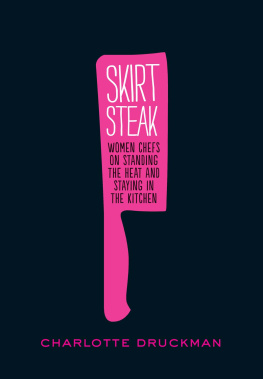Daniel Druckman - Doing Research: Methods of Inquiry for Conflict Analysis
Here you can read online Daniel Druckman - Doing Research: Methods of Inquiry for Conflict Analysis full text of the book (entire story) in english for free. Download pdf and epub, get meaning, cover and reviews about this ebook. year: 2005, publisher: SAGE, genre: Politics. Description of the work, (preface) as well as reviews are available. Best literature library LitArk.com created for fans of good reading and offers a wide selection of genres:
Romance novel
Science fiction
Adventure
Detective
Science
History
Home and family
Prose
Art
Politics
Computer
Non-fiction
Religion
Business
Children
Humor
Choose a favorite category and find really read worthwhile books. Enjoy immersion in the world of imagination, feel the emotions of the characters or learn something new for yourself, make an fascinating discovery.
- Book:Doing Research: Methods of Inquiry for Conflict Analysis
- Author:
- Publisher:SAGE
- Genre:
- Year:2005
- Rating:3 / 5
- Favourites:Add to favourites
- Your mark:
- 60
- 1
- 2
- 3
- 4
- 5
Doing Research: Methods of Inquiry for Conflict Analysis: summary, description and annotation
We offer to read an annotation, description, summary or preface (depends on what the author of the book "Doing Research: Methods of Inquiry for Conflict Analysis" wrote himself). If you haven't found the necessary information about the book — write in the comments, we will try to find it.
Doing Research: Methods of Inquiry for Conflict Analysis — read online for free the complete book (whole text) full work
Below is the text of the book, divided by pages. System saving the place of the last page read, allows you to conveniently read the book "Doing Research: Methods of Inquiry for Conflict Analysis" online for free, without having to search again every time where you left off. Put a bookmark, and you can go to the page where you finished reading at any time.
Font size:
Interval:
Bookmark:
RESEARCH
Research

 | Sage Publications, Inc. 2455 Teller Road Thousand Oaks, California 91320 E-mail: |
Sage Publications Ltd. 1 Olivers Yard 55 City Road London EC1Y 1SP United Kingdom | |
Sage Publications India Pvt. Ltd. B-42, Panchsheel Enclave Post Box 4109 New Delhi 110 017 India |
Doing research : methods of inquiry for conflict analysis / Daniel Druckman.
p. cm.
Includes bibliographical references and index.
ISBN 0-7619-2778-6 (cloth) ISBN 0-7619-2779-4 (pbk.)
1. Conflict managementResolutionResearchMethodology.
2. Social conflictResearchMethodology. 3. Interpersonal
conflictResearchMethodology. 4. International
conflictResearchMethodology. I. Title.
HM1126.D78 2005
303.69072dc22
Acquisitions Editor: | Lisa Cuevas Shaw |
Editorial Assistant: | Margo Crouppen |
Production Editor: | Denise Santoyo |
Proofreader: | Gillian Dickens |
Typesetter: | C&M Digitals (P) Ltd. |
Indexer: | Kathy Paparchontis |
Cover Designer: | Michelle Lee Kenny |
Scott Keeter
Linda J. Seligmann
Linda M.
Johnston
Font size:
Interval:
Bookmark:
Similar books «Doing Research: Methods of Inquiry for Conflict Analysis»
Look at similar books to Doing Research: Methods of Inquiry for Conflict Analysis. We have selected literature similar in name and meaning in the hope of providing readers with more options to find new, interesting, not yet read works.
Discussion, reviews of the book Doing Research: Methods of Inquiry for Conflict Analysis and just readers' own opinions. Leave your comments, write what you think about the work, its meaning or the main characters. Specify what exactly you liked and what you didn't like, and why you think so.

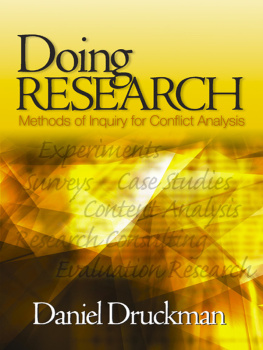

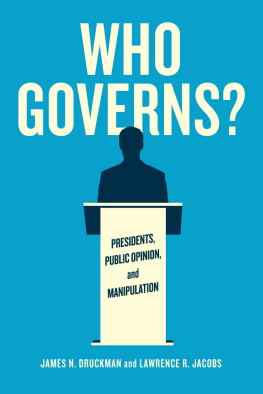
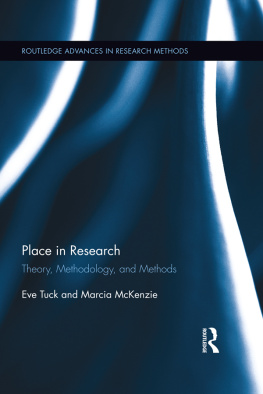
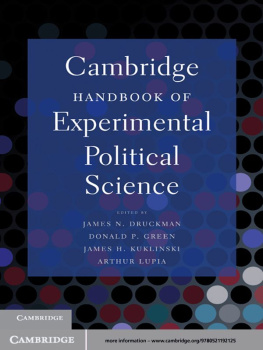
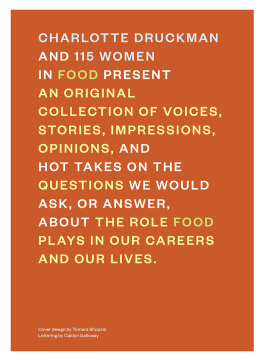
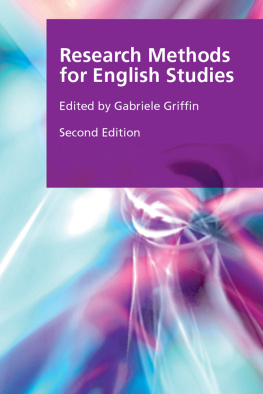
![Daniel D. Gutierrez [Daniel D. Gutierrez] - Machine Learning and Data Science: An Introduction to Statistical Learning Methods with R](/uploads/posts/book/119585/thumbs/daniel-d-gutierrez-daniel-d-gutierrez-machine.jpg)
